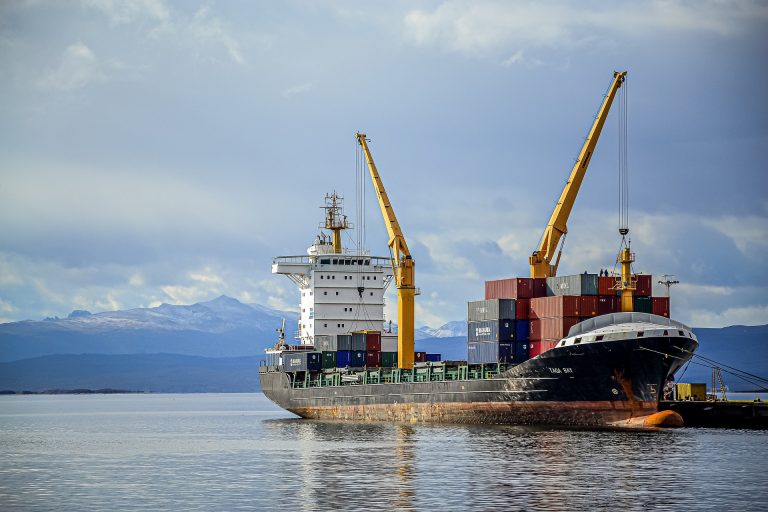The COVID-19 pandemic has disrupted international logistics for almost two years and the Chinese regime’s extremely strict COVID-19 policies are only making matters worse. Beijing is following a “Zero-COVID” policy when it comes to dealing with the pandemic according to which the regime will prioritize suppressing the spread of the virus above economic activities. As a consequence, China’s ports have been under immense stress, which has affected global shipments.
China insists on all crew members aboard a vessel to be tested before the ship docks. If just a single person is suspected to be infected by COVID-19, everyone on the ship will have to be quarantined for a period of at least 14 days.
In such cases, the vessels will have to quarantine off the coast in anchorage areas. This has caused even more congestion at the ports. Crew members who return from duty are required to quarantine for seven weeks, thus creating a labor shortage issue.
“All of the shipping companies are complying with China’s new rules for quarantine measures for Chinese national crew members as part of its strict zero-COVID policy. But it really is a tough situation for us and for the crews that have to go through a longer lockdown,” Tommy Hsieh, president of Wanhai, the world’s No. 10 shipping company by capacity, told Nikkei Asia while referring to the seven-week quarantine.
The company has implemented a program to skip multiple ports in a bid to speed up delivery to ports in the West. Docking in a Chinese port will “definitely delay and disrupt the following schedules.” By avoiding docking at Chinese ports, the company can “make up for lost time.”
Success
You are now signed up for our newsletter
Success
Check your email to complete sign up
The strict quarantine measures for seamen are expected to create more trouble for global supply chains in the coming weeks. Most Chinese seamen are planning to get back to their families in time for the Chinese Lunar New Year that falls on Feb. 1 this year.
Due to the quarantine rules, Chinese shipping crews are stopping services weeks before the festival begins. Shipping giants like Hapag-Lloyd, Ocean Network Express, and Evergreen have already informed customers that they have temporarily stopped bookings for cargoes heading to small ports in areas like the Fujian province and the Pearl River Delta.
In an interview with SCMP, Ambrose Linn, chief executive of Hong Kong Construction Materials Association, said that widespread service suspensions are expected to disrupt the supply of construction materials in Hong Kong for at least a month and a half.
“If we don’t have enough rocks and aggregate, we won’t have enough concrete… If we don’t have enough concrete, a lot of projects, including public and private ones, have to be suspended or delayed substantially… If the projects are delayed, the laborers will be affected, because they are paid on a job basis. If you don’t have any jobs for them, it means their earnings will be affected, and their livelihoods,” Linn said.
Meanwhile, the disruption in global shipping transportation has forced companies to look for alternatives, with rail transport between China and Europe seeing increased demand. According to data from the European Silk Road Summit, the volume of goods sent via rail from China to Europe rose to 24 million metric tons in 2020 from 14 million metric tons in 2019.
“We have seen tremendous increase in demand for this mode of transport in the last two years,” Onno Boots, CEO for Asia-Pacific at global freight forwarder Geodis, told Quartz. During the 2019-2020 period, the company saw a 176 percent increase in the volume of goods transported via trains.














